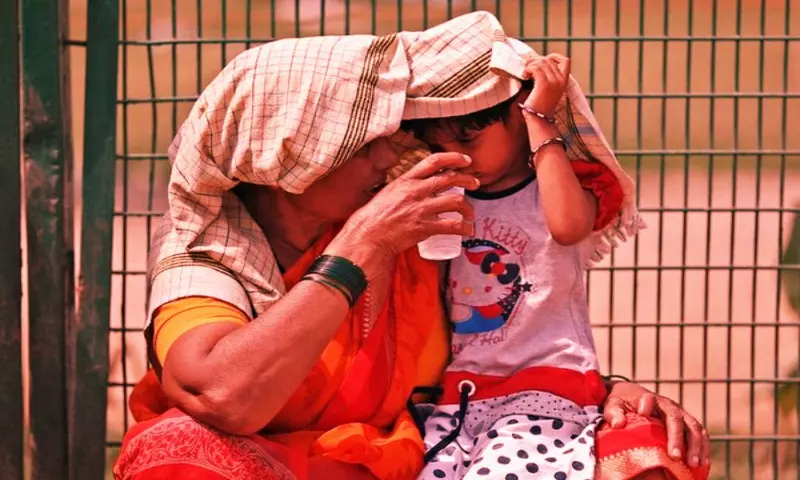Telangana hotbed for heatwaves, reports 1,952 heatstroke deaths from 2008-20
By Newsmeter Network
Hyderabad: Telangana has reported 1,952 deaths due to heatstroke between 2008 and 2020. Meanwhile, the state witnessed 256 heatwave conditions in a span of 12 years, revealed data provided by the Meteorological Center, Hyderabad.
Telangana falls in a core heat wave zone of the country. The state is not a coastal region unlike neighbouring states Andhra Pradesh, Tamil Nadu, Odisha, Kerala, and Karnataka. It is mostly covered by the Deccan plateau. As per the meteorological calendar, summer in Telangana is between March and May every year.
The highest temperature ever recorded in the state was in 1973 where Mercury levels in Bhadrachalam shot up to 48.6 degrees. The record hasn't been broken yet. The districts that witness high temperatures during summer include Adilabad, Bhadrachalam, Hannamkonda, Hyderabad, Khammam, Mahbubnagar, Medak, Nalgonda, Nizamabad, and Ramagundam.
What is a heatwave?
A heatwave is when the actual day temperature is above 40 degrees or more. If the departure from the normal is +5 to +6 degrees above (for example 45 or 46 degrees) then the state is experiencing a heatwave. But, if the departure is above 7 degrees then it is a severe heatwave condition.
The maximum heat waves in Telangana have occurred in May, which is also the peak summer month, according to the meteorological calendar. In 2010, the state reported 46 heatwave conditions, the highest, followed by 44 in 2019.
Heat strokes
Irrespective of the outside temperature, the human body, considered homeothermic, maintains a certain temperature between 97-99.5 degrees, depending on the day or time. The human body has a mechanism to maintain the body temperature no matter the temperature outside. However, the body temperature can escalate during conditions like infections (viral, bacterial). Similarly, when the external temperatures soar during summer or if an individual is on drugs (medicines), it might hamper the body temperature.
"Some drugs prevent sweating, resulting in high body temperature. Also, long exposure to high Mercury levels might cause a heatstroke. The temperature might go beyond 106 degrees culminating in death. Those whose profession requires them to be on the field are the most affected. Many suffer from heat-induced fever. The symptoms include drowsiness, low blood pressure, damage to the kidney, irregular heartbeats, and pulmonary infection," said Dr. Hari Kishen, a general physician at Yashodha Hospital.
Doctor's advice
To avoid heatstrokes, doctors advise people to avoid exposure to the sun in extreme weather conditions, to cover their heads, and wear light coloured clothes. Also, drinking water at regular intervals and staying in the shade intermittently helps. Increasing the level of salt intake can also prevent heat strokes.
Table:
Number of Heat waves and deaths reported in the state of Telangana